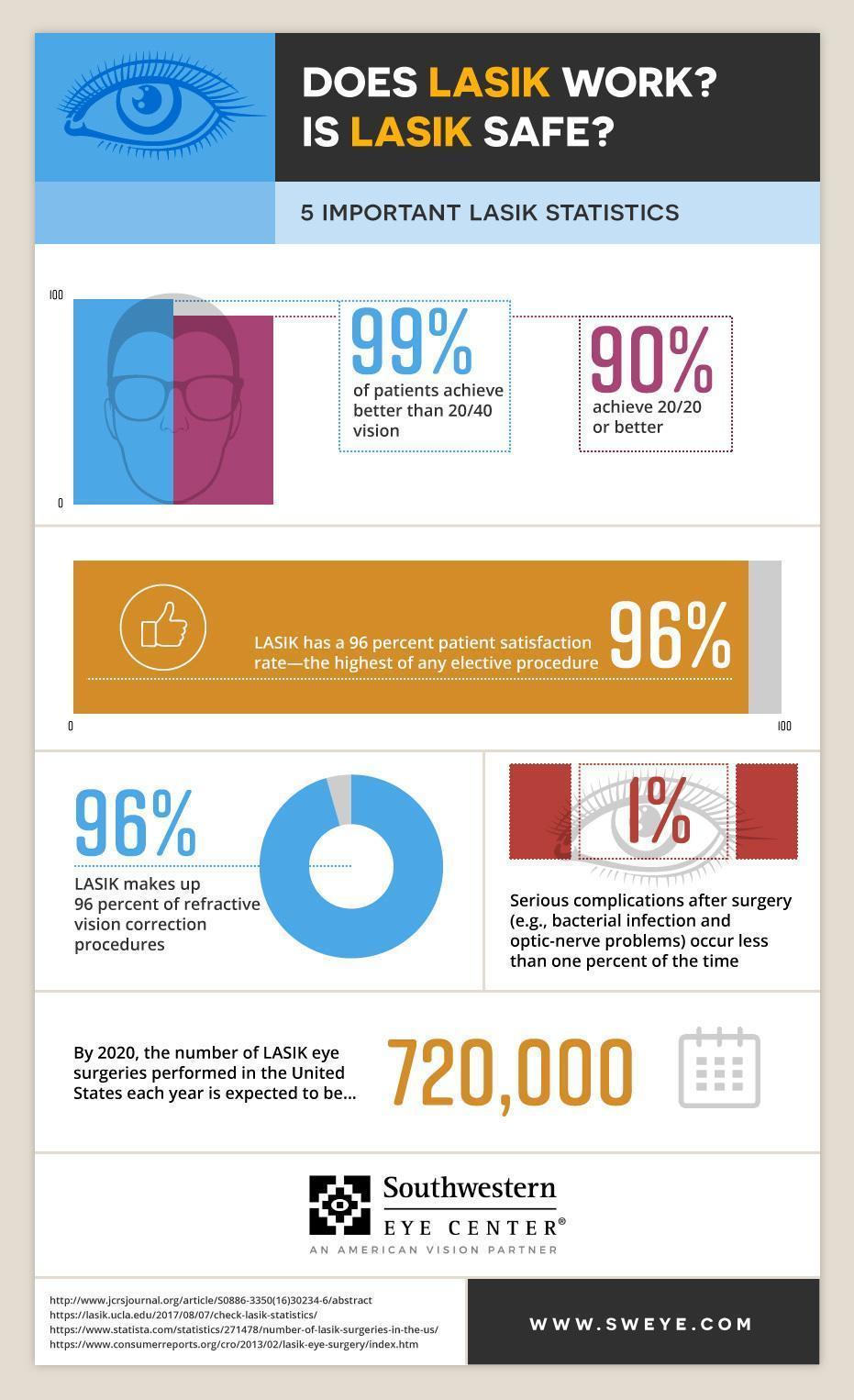A Caregiver'S Guide To Supporting A Loved One Via Cataract Surgical Procedure
A Caregiver'S Guide To Supporting A Loved One Via Cataract Surgical Procedure
Blog Article
Authored By-Bynum Patterson
As a caretaker supporting a liked one encountering cataract surgical procedure, your duty is vital in ensuring their convenience and recuperation. From pre-surgery preparations to post-operative treatment, your presence and support can make a considerable difference in their trip. Comprehending the psychological and physical obstacles they might experience, giving useful help, and being their column of assistance are key elements in this process. Keep in mind, your duty exceeds simply offering help; it has to do with being a source of strength and convenience throughout a significant stage in their life.
Understanding Cataract Surgical Procedure Refine
Exploring the steps involved in cataract surgical treatment can help minimize any kind of anxiousness or unpredictability you might have regarding the procedure. Risk LASIK is a common and very effective treatment that involves eliminating the cloudy lens in your eye and changing it with a clear artificial lens.
Prior to the surgery, your eye will be numbed with eye decreases or a shot to ensure you don't feel any kind of pain throughout the procedure. The doctor will make a little cut in your eye to access the cataract and break it up using ultrasound waves prior to very carefully removing it.
As soon as after cataract surgery precautions is eliminated, the synthetic lens will certainly be inserted in its place. The entire surgery typically takes about 15-30 mins per eye and is typically done one eye at once.
After the surgical treatment, you might experience some moderate discomfort or blurred vision, but this is typical and need to boost as your eye heals.
Readying for Surgical Procedure With Each Other
To make certain a smooth and worry-free experience, planning for cataract surgical procedure with each other can make a considerable distinction in your liked one's journey. Begin by participating in pre-surgery examinations with them. This way, you can ask questions, recognize the procedure, and offer emotional support.
Help them organize their pre-operative directions, medicines, and transport to and from the surgical facility. Make certain their home awaits their recovery by establishing a comfy room with easy accessibility to essential products.
Assist them in scheduling post-operative treatment if needed, such as aid with meals or family jobs. Encourage them to adhere to the medical professional's suggestions regarding fasting before surgical treatment and medicine methods.
Reassure them that you'll be there for them every step of the method. By proactively participating in the preparation procedure, you can reduce stress and anxiety and ensure that your liked one feels sustained and cared for throughout this important time.
Post-Operative Treatment Tips
After cataract surgical procedure, supplying proper post-operative treatment is critical for your loved one's healing. Guarantee they use the safety shield over their eye as advised by the doctor. Help them provide suggested eye drops and drugs in a timely manner to stop infection and help recovery.
Urge your enjoyed one to prevent touching or scrubing their eyes, as this can bring about issues. Help them in following any constraints on bending, raising heavy things, or joining laborious activities to avoid strain on the eyes. Make sure they participate in all follow-up appointments with the eye doctor for checking development.
Maintain the eye location clean and completely dry, avoiding water or soap directly in the eyes. Motivate your loved one to use sunglasses to shield their eyes from brilliant light and glow throughout the healing procedure. Hold https://www.dovepress.com/corneal-refractive-surgery-in-patients-with-a-history-of-herpes-simple-peer-reviewed-fulltext-article-OPTH and supportive as they recuperate, offering help with daily tasks as required.
Conclusion
To conclude, sustaining a loved one with cataract surgical procedure includes being there every step of the way, from pre-surgery prep work to post-operative care. Your emotional support, useful assistance, and support can make a substantial difference in their recovery procedure. By remaining notified, arranged, and alert to their demands, you can help ensure a successful end result and provide them with the comfort and confidence they require throughout this tough time.
